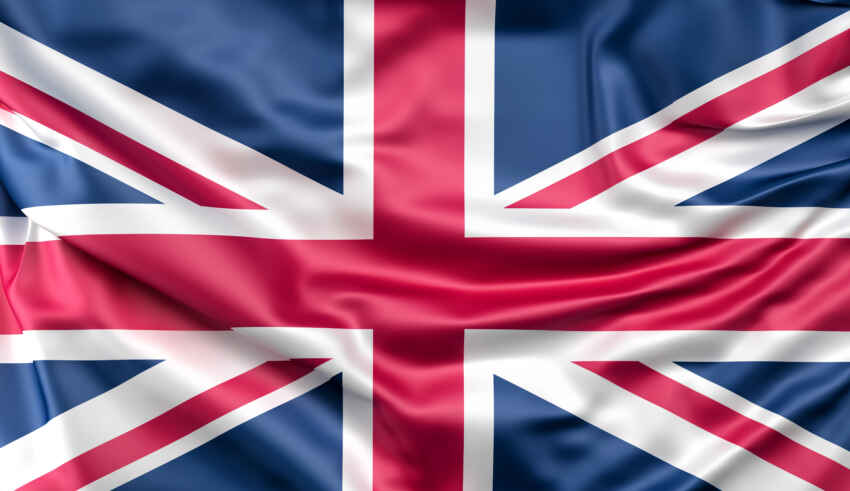
The Conservative Party in Britain has been in power for fourteen years, the past eight of which have seen the country navigating great domestic and international turmoil. From Brexit to the Covid pandemic to new conflicts. During this time, the Conservative government has been under the spotlight multiple times for its instability, inefficiency and scandals. Notwithstanding the damaged public trust in the party, the circumstances in Britain are still favourable for the right. In fact, they are arguably the most favourable they have been since the Tories raised power more than a decade ago. All over Europe the right, and at that the far right, is gaining ground. In Austria, France, Germany, Italy and the Netherlands—radical-right parties are in fine fettle. Many draw inspiration from Donald Trump, who has a remarkably good chance of returning to the White House.
International political tensions, new regional conflicts, high immigration and financial instability have provided the right with fertile ground. In Britain, according to a paper by Resolution Foundation, real wages will not be higher than in 2006. Although Britons voted to reduce immigration in the Brexit referendum in 2016, it has actually increased to a net 745,000 in 2022. Furthermore, just 9% of Britons say they trust politicians to tell the truth, according to Ipsos, a pollster; that is the lowest score since it began asking the question in 1983. As a result, we would expect Britain to follow suit and vote for a right-wing party like Nigel Farage’s Reform UK. This however has not happened yet, the party, just like the mainstream Conservative party, has struggled to gain widespread consensus, despite its calls for tax cuts and other mainstream right-wing causes. On the contrary, the Tories are set to lose the next general elections to the Labour Party under the leadership of Kier Starmer.
Kier Starmer is a social democrat who is set on restoring institutions, fiscal rectitude, diligent public service and working on healing social divisions. On many occasions he has expressed the intention to align the UK to the EU on several policies, a statement that could have not landed well in a country that has put itself through a lot just to not be in the EU. Nonetheless, the contrary seems to be happening. The reasons for this are arguably primarily two. Firstly, Britain finds itself in a different situation compared to other European countries in that it has had a swerve towards the right earlier during the pre-Brexit period due to country-specific circumstances. Combined with the many apparent failures of the right to deliver what they had promised and to preserve what was already there, this means that Britain is now ready for the same change that other countries have had, just in the opposite direction. Considering the main issues the right was tasked to address, they arguably failed to improve, people are starting to wonder whether they would be better off with the more reassuring left. This is especially so due to the somewhat eccentric and controversial tory personalities that have ruled the country and spiralled it into political scandals and chaos. On the other hand, the left is offering a leader perceived as more earnest and with a significant public service record, which is inspiring more trust than his conservative counterparts.
The second reason why Britain might be taking a step in a different direction compared to the rest of Europe is that the Labour party under Keir Starmer has tried to be more responsive to people’s concerns. It seems to have abandoned some previously far-left position it held to appeal to centre-right voters. With a sceptical stance on globalization, a preference for blue-collar over white-collar jobs, an authoritative approach to crime, and denouncement of Westminster’s self-interest and sleaze, Labour under Sir Keir adopted a distinct narrative. Even when it comes to Brexit, although he himself voted to remain and to have a second referendum, now he takes a more moderate stance, whereby he shows understanding to those who voted in favour whilst advocating for more aligned UK-EU relations. By doing so, he has also reassured those who thought that voting for the Labour party would mean to somehow try to undo Brexit.
Ultimately, what the left has done in Britain is to understand that the previous direction it had taken was unsustainable and, therefore, costing it votes. It thus made a conscious effort to be more responsive to people’s concerns so that voters would have an option to the right. An option that they seem willing to take. Arguably, this was key to the left resurgence and something from which the left in other European countries should look at in order to contrast the rising of the right. Finally, thanks to this shift by the left, Britain might be, against all odds, the outliner in the right-dominated rest of the continent.
By The European Institute for International Law and International Relations












